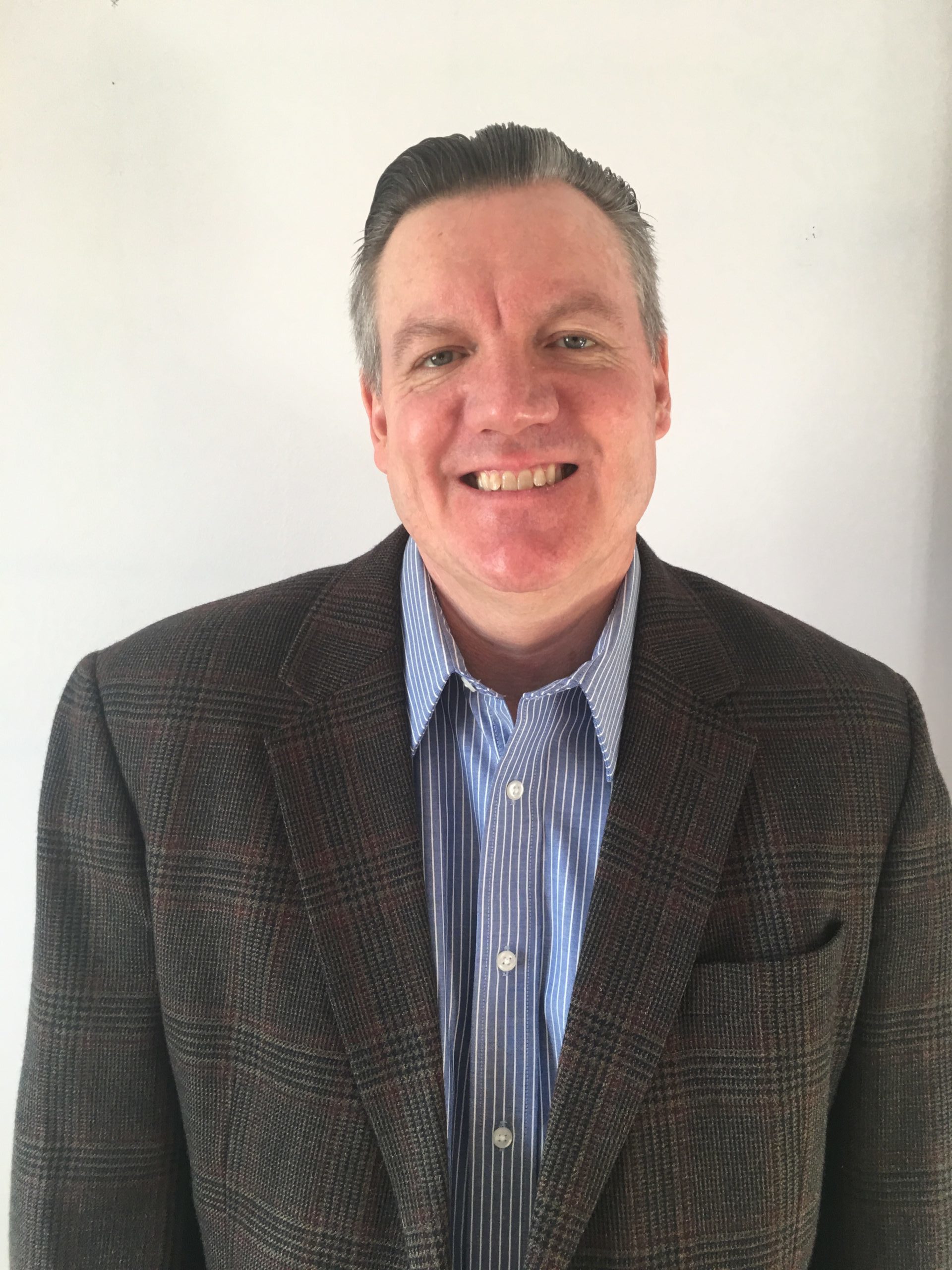
Andy Skillen, Director of Field Marketing, FICO
“We are recognizing that the voice of the client is more important than ever because everybody is going through profound changes, pressures, and challenges with their business. . . . The resulting insight is astounding.”
“Companies are experiencing incredible ROI by eliminating travel and events and doing more digitally. It is clear that even when we can travel more freely, marketing is going to be far more involved in thought
leadership, social aspects, and actual selling than before.”
Our teams already worked from home full time, so we have not dealt with issues that other companies have faced on that front. One change is that field marketing owns more of the customer journey than before. Traditionally, marketing and field marketing own the first half of the buyer journey: product education, the value story, and everything else through creating the events. Sales then engages with clients at the events and continues through the second half of the journey with them.
What has changed since the pandemic is that field marketing is creating not just the event space but also the virtual connection between sales and clients through virtual happy hours (or ice-cream socials) and roundtables. For the virtual happy hours, we use any kind of customer success as a reason to celebrate. Before the event, we send out gift certificates, which generates interest—as in, “what are these guys doing that they’re inviting me to a virtual happy hour?” We’ve even hired professional musicians to perform at these events. What’s interesting to me as a marketing person is that we are seeing much higher responses and registrations than with similar in-person events. We have also put together forty or fifty webinars about resiliency to help clients think about how they are going to get through the pandemic and its resulting economic challenges. Where we have seen some great success is what I’m calling virtual roundtables. I know that those are nothing new, but what is different is that we are recognizing that the voice of the client is more important than ever because everybody is going through profound changes, pressures, and challenges with their business.
So, for these virtual roundtables, we invite a particular client and set the stage to discuss a particular challenge, such as fraud or collection issues. The thought leadership can come from anywhere; it can be thought leadership that we have developed or developed with a partner. We start by presenting industry data tailored to the client. Then, we go into the “voice of the client,” where we seek to
understand the client’s situation, problems, and needs. This, to me, is where the magic in these virtual roundtables really happens. You have to be prepared so that you do not rush through it but instead wait for whoever is going to be the thought leader on the client side.
The resulting insight is astounding. In particular, it has helped us understand how to improve our go-to-market tactics and adapt our messaging in the new environment. By helping sales bridge the gap through virtual roundtables, marketing now owns more like two-thirds of the buyer journey. I take the buyer journey map to the point of major decision-making. Then, I layer in the client’s perspective. In doing so, marketing now sees clients all the way through to the “commit to solution” stage.



